Cork GAA: New football rules will benefit top club forwards

Mallow's marquee forward Sean McDonnell hit 2-19 last season. Picture: Eddie O'Hare
Several new GAA football rules aimed at enhancing the game’s pace and excitement are set to benefit some of Cork’s top sharpshooters.
Last year, St Finbarr’s Steven Sherlock topped the McCarthy Insurance Group Premier Senior championship scoring charts. Sherlock’s tally of 4-32 came from five games. Castlehaven’s Brian Hurley wasn’t far behind, amassing 0-28 in the same number of games, with Jack Cahalane contributing 2-14 in a deadly two-pronged Haven attack.
Mallow’s Seán McDonnell (2-19), Nemo Rangers’ Paul Kerrigan (1-21), Clonakilty’s Conor Daly (1-20), Nemo’s Mark Cronin (1-19), and Ballincollig’s Cian Dorgan (1-19) also delivered consistent scoring performances.
Each of those players thrived thanks to the relentless efforts of their forwards, midfielders, and defenders, who ensured a constant supply of quality ball.
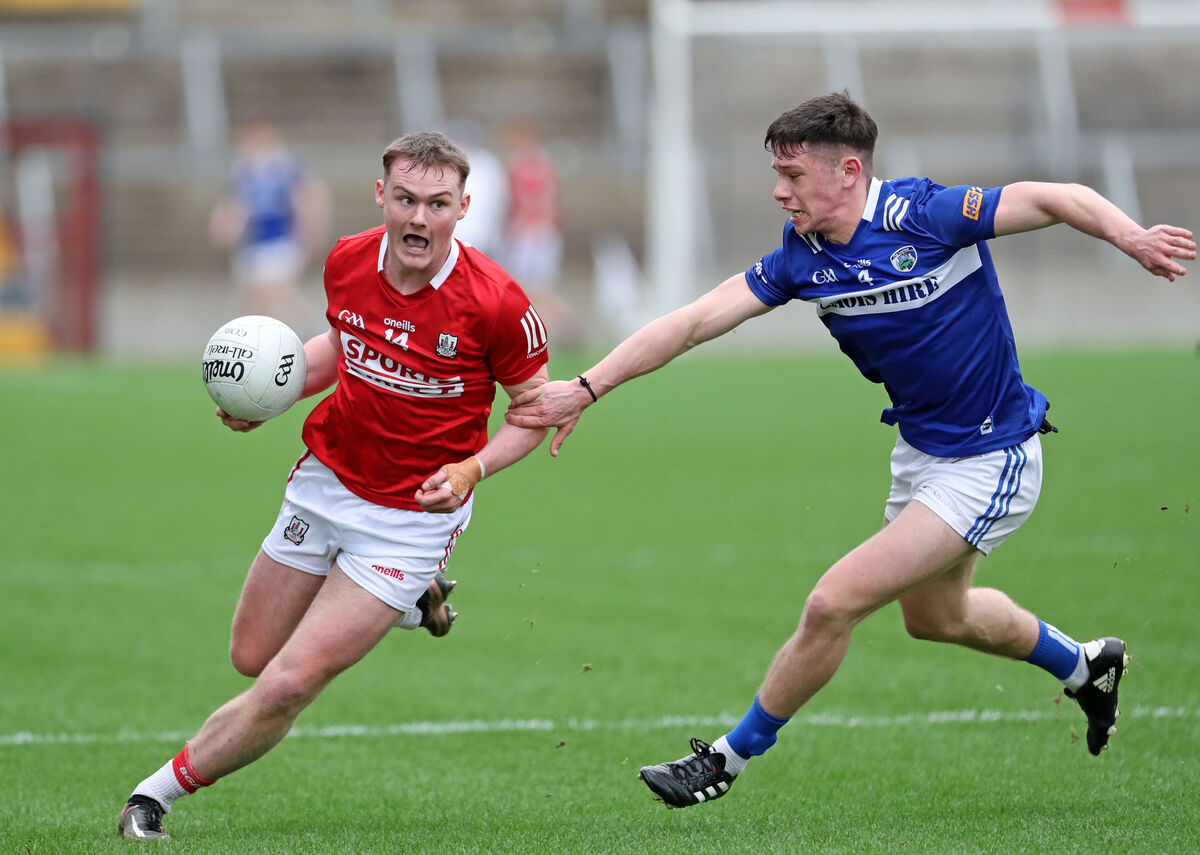
Equally important was those forwards’ defensive commitments. All eight players diligently tracked back when their teams were out of possession, sometimes operating deep inside their own halves to support their defenders.
With the introduction of the GAA’s new rules, particularly the mandatory “three players in each half” edict, players like Sherlock, Cronin, Hurley, and Cahalane are likely to remain stationed in their opponents’ halves more frequently.
Under the new rule, “at least three outfield players from each team must remain in both halves of the field at all times.”
This change has its pros and cons. On the positive side, it will reduce defensive congestion, preventing teams from overcrowding their own halves. It should also promote more open, attacking play, with forwards unable to retreat past the halfway line.
The adjustments promise faster, free-flowing games, which should enhance supporters enjoyment. Obviously, defences will need to adapt, particularly if sharpshooters like Steven Sherlock, Brian Hurley and Conor Daly linger closer to goal, ready to capitalise on the end of counterattacks rather than running from deep.
Another notable change for the 2025 club football championships is the introduction of an advanced mark rule.
This, too, represents a positive step. The mark, in its current form, has not been utilised as often as rule makers would have wished. Yet, alterations to the ruling should entice an increase in kick-passing into the final third.
From January, any player who cleanly catches the ball inside the 20-metre line, from a kick delivered outside the 45-metre line, can choose to play on immediately or take a free.
The option to take the mark or to play on gives the forward an immediate advantage over their assigned defender. Not alone will this incentivise accurate long kicking and catching, teams will be encouraged to deliver an increased number of long balls into the forward line, potentially enhancing their scoring opportunities.
The same is true of Nemo’s Mark Cronin and Ballincollig’s Cian Dorgan who are equally adept at creating a yard or two of space and gathering accurate deliveries.
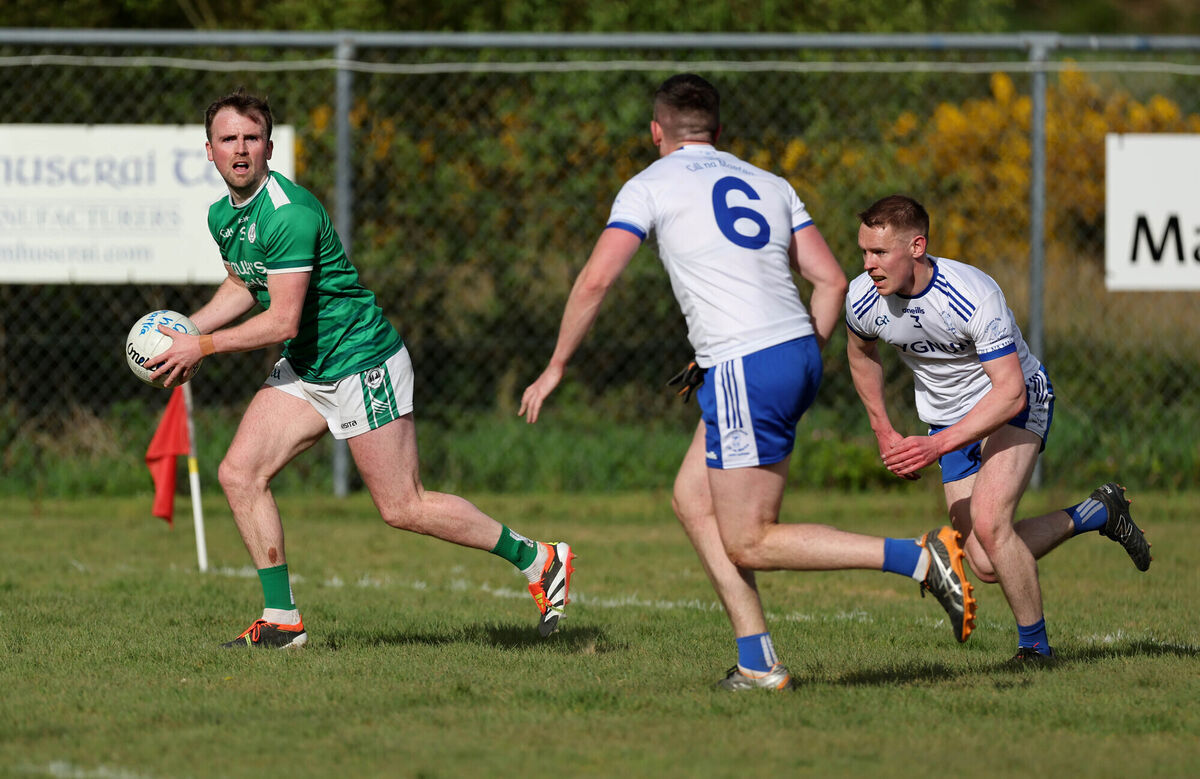
So, whilst there is a degree of positivity heading into the New Year, the new rules may end up having the desired effect.
In that regard, Football Review Committee chair Jim Gavin has admitted that there is scope to change any of the new rules during the National Football League and Championships should complications arise. A Game Intelligence Unit has been created for that purpose and been tasked with monitoring match data and tactical trends throughout the season.
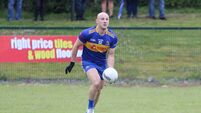
![IMG_2047[1].JPG Glanmire junior footballers still in with chance after beating Bishopstown](/cms_media/module_img/9559/4779758_1_teasersmall_IMG_2047_5b1_5d.jpg)
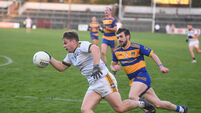


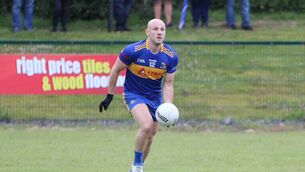



 App?
App?







